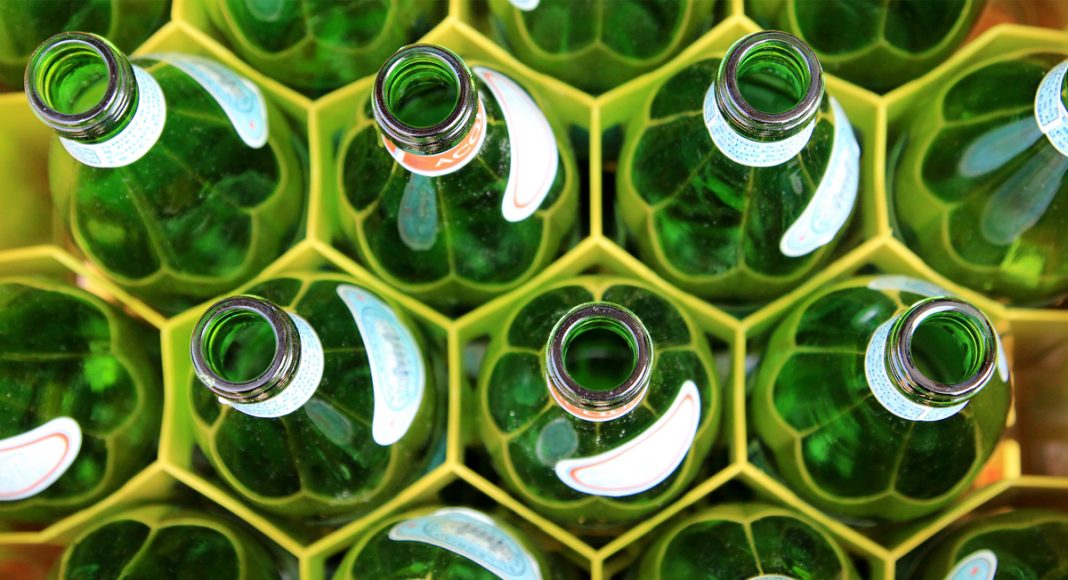Recycling is an important topic that can still feel a little overwhelming, especially for the uninformed. Despite plastic pollution and global warming, many of us are still in the shadows when it comes to having the necessary knowledge to contribute to the planet in a meaningful way.
We’ve compiled a list of the most important recycling tips for newbies, which are all simple, accessible and important in the grand scheme of things.
You can’t put everything in the recycling bin
https://giphy.com/gifs/starwars-star-wars-episode-2-3ohuAxV0DfcLTxVh6w
Related: E-Cigarettes And A New Threat: How To Dispose Of Them
Recycling has rules, and cities should be clearer with their labeling and instructions since these can be confusing. Due to this you need to put in the extra work, researching your local rules and regulations which are only a few keyboard types away. National Geographic reports that about a quarter of everything that’s put into recycling bins can’t be recycled because people include items such as food, wires, low grade plastics, and more.
Things can be recycled more than once
https://giphy.com/gifs/cheezburger-cute-dog-m1qpP9JGNAbGU
Many items can be recycled over and over again without losing their quality. Glass and metal can be recycled indefinitely, paper can be recycled five to seven times before there’s a significant loss of quality, and even after that, it can still be repurposed into egg cartons and other types of packaging.
Buy recycled items
https://giphy.com/gifs/ashvsevildead-starz-ash-vs-evil-dead-26BRxBeok96wnAwpy
By purchasing recycled items, you’ll encourage and participate within the recycling cycle, which is all there is to it. Buying these types of items reduce the need to extract virgin materials, the amount of pollution, and more.
Despite the skepticism, recycling works
https://giphy.com/gifs/confusion-halp-what-is-happening-lfetvU2zv3HzUSaT15
Related: 3 Ways To Be A Conscious Cannabis Consumer
Even though the government and responsible parties can at times send out confusing messages, according to the Environmental Protection Agency there are clear benefits to recycling, like the reduction of tons of energy. Recycling aluminum cans saves 95 percent of the energy it takes to make one brand new can. Recycling paper reduces 60 percent of the energy it takes to produce it from scratch. The same goes for steel and other recyclable items. This doesn’t mean that recycling will stop pollution entirely, but at least you’ll be helping in slowing down the process.
Let go of the useful stuff you don’t use
https://giphy.com/gifs/cbc-deal-advice-3o7aCPbSVeEBz1K4H6
If you have different useful items that you don’t use, give them up for recycling. Freecycle and Recycler’s Exchange are groups that can help you re-purpose your items, avoiding throwing them in the trash and creating even more waste and pollution.


